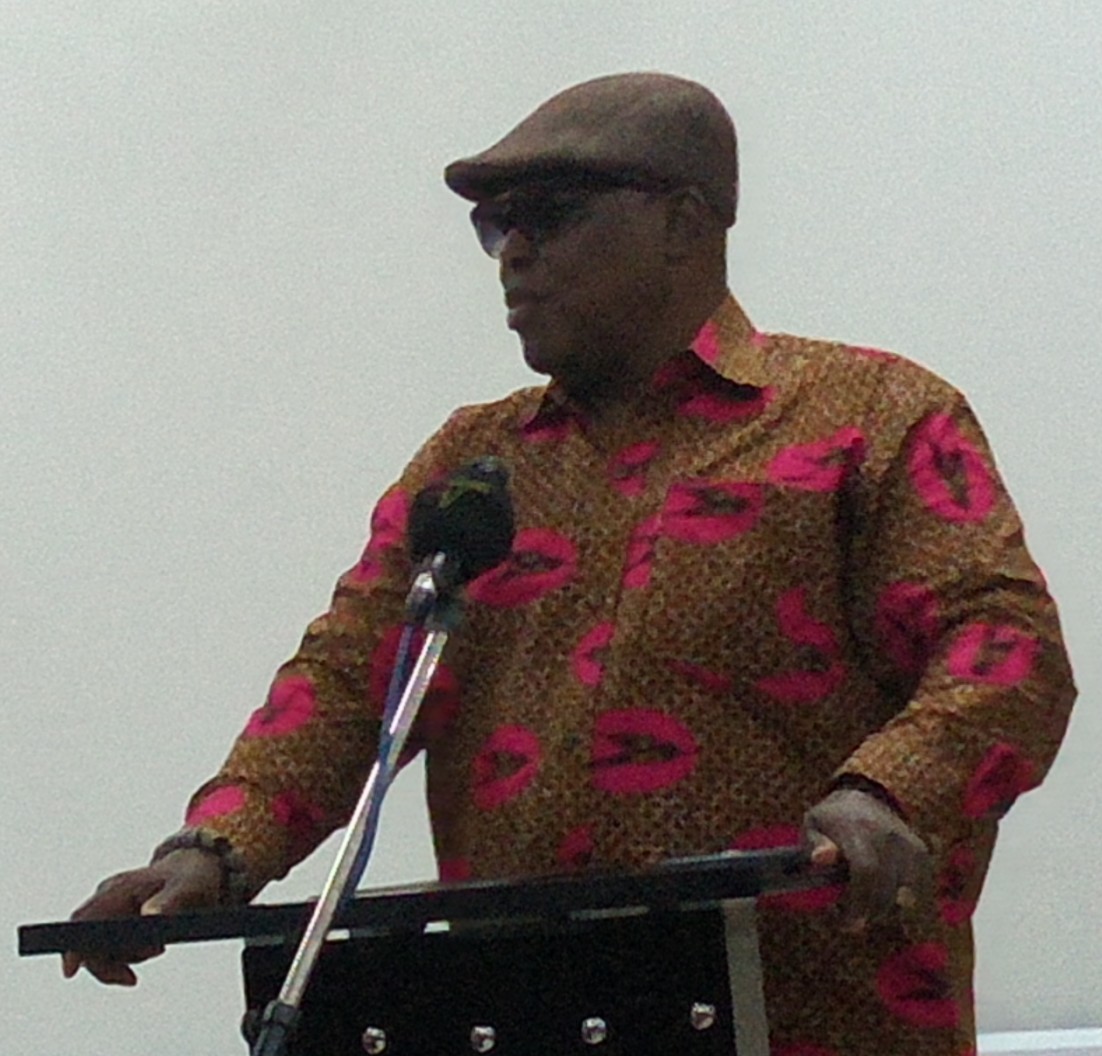By: Nana Kwasi Gyan-Apenteng |
The name we give to a thing or phenomenon determines our attitude towards it. A good example is the contentious designation of some guerrilla groups as either “freedom fighters” or “terrorists”, depending on one’s political and ideological outlook.
The designation of such groups leads to consequences. Freedom fighters win respect and admiration while terrorists are condemned and persecuted.
There is a moral and psychological gamesmanship going on with the designation of the groups of young men allegedly armed by the New Patriotic Party (NPP) and National Democratic Congress (NDC). The media and politicians refer to them as vigilantes, and the term appears to have stuck because even the police use the same term for them.
Are they vigilantes? The Cambridge English Dictionary defines a vigilante as “a person who tries in an unofficial way to prevent crime, or to catch and punish someone who has committed a crime, especially because they do not think that official organisations, such as the police, are controlling crime effectively. Vigilantes usually join together to form groups”.
Is that what is happening here? What crime are they preventing which is beyond the capacity of our security forces? By calling them vigilantes we are being complicit in creating a lie. We know that these people are not trying to stop any crime. The time has come to call this thing by its correct name.
So what are they? Some people have suggested that they be called or described as thugs but that does not sufficiently capture the essence or motive of their activities, even if they act thuggishly. They are illegal paramilitary formations. Paramilitaries behave like military forces without authorisation and/or recognition.
Even if they are not yet full blown paramilitary formations they are well on their way. Most paramilitaries begin this way; protecting political bosses and territories, protecting ballot boxes, small scale quasi-military operations, and the like. The danger is that paramilitaries often become bigger than their sponsors meant them to be; most times the politicians find them beyond their control. They are sowing the wind and shall reap the whirlwind.
Historically, paramilitaries don’t stay within the bounds of the political competition that gives birth to them. They eventually develop other means of survival such as drugs, kidnappings, illegal mining, money-laundering, “land-guardism” and trafficking.
This is the real nature of the beast we are dealing with in Ghana. Those who fought for democracy did not envisage at any point in the struggle that the outcome would place our nation in such danger. Out of greed and selfishness the two political parties are creating monsters that may be difficult to tame.
Let us call this thing by its proper name. Vigilante conjures pictures of harmless, selfless defenders of the law and communities. This is a misnomer in this situation. The most serious consequence of this misnomer is that the political parties have nurtured or tolerated them without GUILT for so long that no amount of official denial can cut the umbilical connection between these groups and the two political parties.
The Inspector General of Police, David Asante-Apeatu has asked the political parties to denounce these paramilitary groups, but that is not how militias are disbanded. Those within the parties whose strengths depend on these groups will neither denounce nor disband them. Those who can easily denounce them usually lack the power to disband them.
The state must muster the political will to disband these groups. In the absence of any (credible) opinion poll, but judging from the media and social media, perhaps well over ninety per cent of Ghanaians want these groups to be outlawed and disbanded therefore, the political will exists. The process must start with calling them by their correct names. It makes it easier to identify their true character and intent.
NB: Writer is President of Ghana Association of Writers (GAW) and former Chairman of National Media Commission.
Source: www.voltaonlinegh.com





